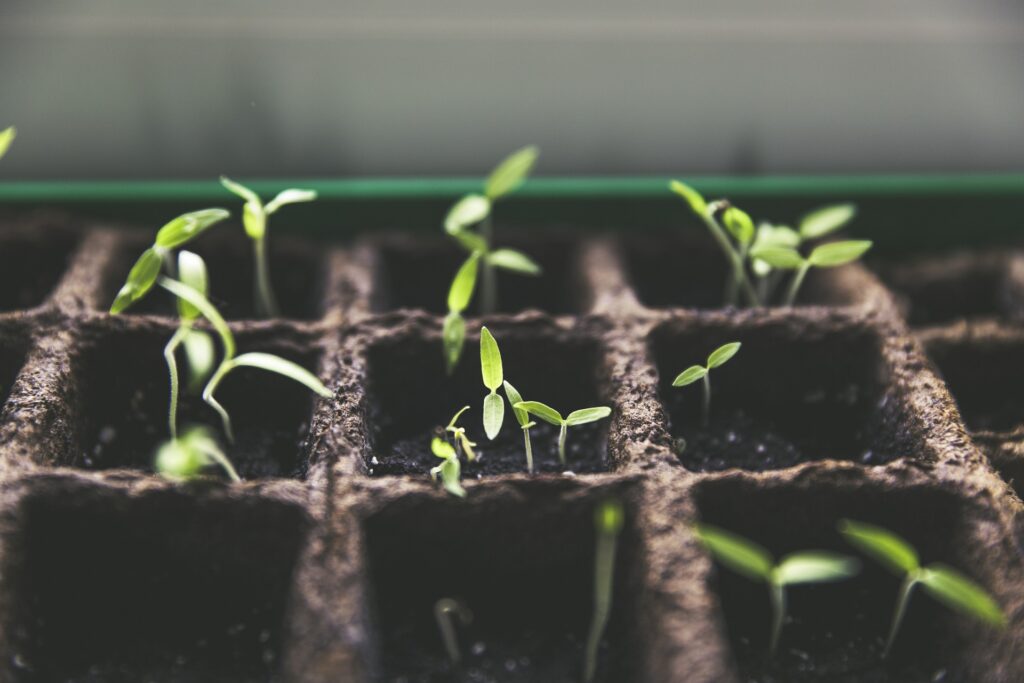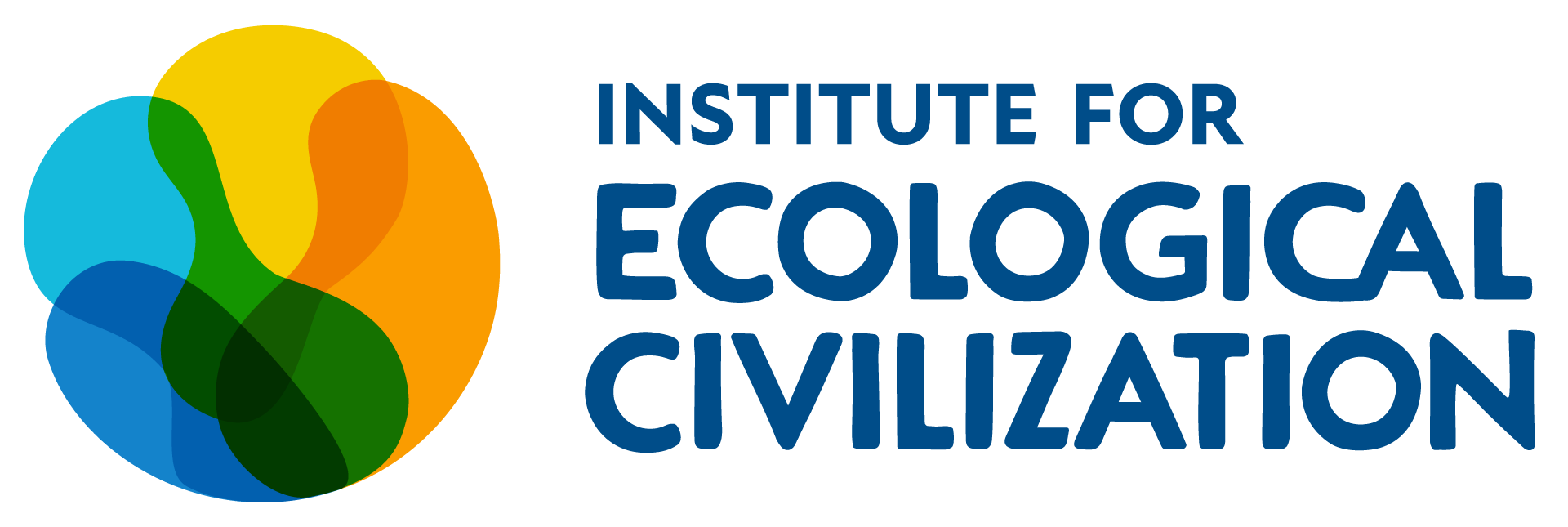COVID-19: Crisis, Hope, and Ecological Civilization
A Message from Philip Clayton
President of EcoCiv
The attention of leaders in medicine and government is focused on immediate crisis response, as it should be. I praise those who are risking their lives on the front lines. But for the millions of us who are “sheltering in place,” COVID-19 also brings the opportunity to reflect on features of contemporary global society that we may never have seen so clearly before.
For most of the world’s population, COVID-19 has brought the sense of global threat like no other single event in our lifetime. If a single virus can cover the globe so quickly, then truly humans are interconnected with each other and with other species in ways we may never have recognized so clearly before.
For many, the suspension of everyday life and the need for “social distancing” is evidence that interconnectedness is a threat, a risk, a disease. The first lesson of coronavirus, I suggest, is to distinguish life-giving from life-robbing interconnection. The machine of economic globalization fits in the latter category. Global systems that serve the drive for profit without attention to long-term effects on ecosystems and other species represent a short-sighted kind of connection—one that deepens the divide between those who pocket the proceeds from the current system and those who carry the burdens of the system but are excluded from the benefits.
The interconnection of living systems, which we are seeing so clearly in these days, also has a more life-giving side: ecological interdependence. It’s about interconnections between people, yes, but also of species with species and ecosystems with ecosystems. The various sectors of human society are also interdependent―not only in that we share risks and vulnerability, but also because we can bring co-benefits to each other through cooperation. Housing links to public health, positively or negatively, as do economics, travel, the food you eat, the way you greet, the people you meet. Health crises are interconnected with economics at the micro as well as the macro-level, and both connect with politics, religious practices, and social structures.
We are reading stories from around the world of communities reconnecting with each other through the crisis. Many of us are seeing children biking and families walking together on streets suddenly empty of cars, in ways that harken back a generation or more. Can we use the season of COVID-19 to experience our interconnectedness more deeply, finding ways to “carry one another’s burdens”?

Our present crisis brings opportunities for thought and action:
- Opportunities to practice a new kind of communitarianism during this crisis: how can we work together as local communities to make sure everyone has enough food? The need arises to check in on each other digitally, or from across the yard―to pick up food and medicine for those who are housebound, to be attentive to mental health challenges, to calm fears, to correct misinformation.
- Opportunities to examine what hasn’t worked and what has led us to this situation. We begin to recognize our reliance on broken global economic structures, our focus on unlimited growth, our willingness to allow a growing disparity between the haves and the have-nots. We are surrounded by unsustainable systems: expanding suburbs, private health care, private cars and the massive infrastructure that supports them.
- Opportunities to change systems and structures for the better―toward ways of living that work for all―in the rebuilding phase after this crisis. This is what our organization does, and we are ready to continue the work.
A transition toward ecological civilization, whereby human communities are redesigned in light of planetary limits and social equity, requires a transformation of the systems and structures on which our modern civilization has been built. This depth of transformation will require unprecedented collaboration on a global scale. The level of collaboration and aggressive action taken in response to COVID-19 demonstrates humanity’s ability to work together in the ways needed to move toward a more sustainable and just future—an ecological civilization. In this, I find hope.
Our present crisis is a special time to reflect not just on what we’ve done wrong but, more urgently, on what we can begin to do better. With everyday life now suddenly brought to a screeching halt, and the feeling of invulnerability undercut, we are questioning assumptions that seemed certain just a few weeks ago. Far more clearly than a few months ago, we now recognize some of the broken features of late modern societies, and some of the things that we must now change. If we pause and rethink at a deep enough level, we can rebuild in new directions, laying the foundations for a more ecological civilization in the future.
Thank you for your ongoing support of our efforts!
